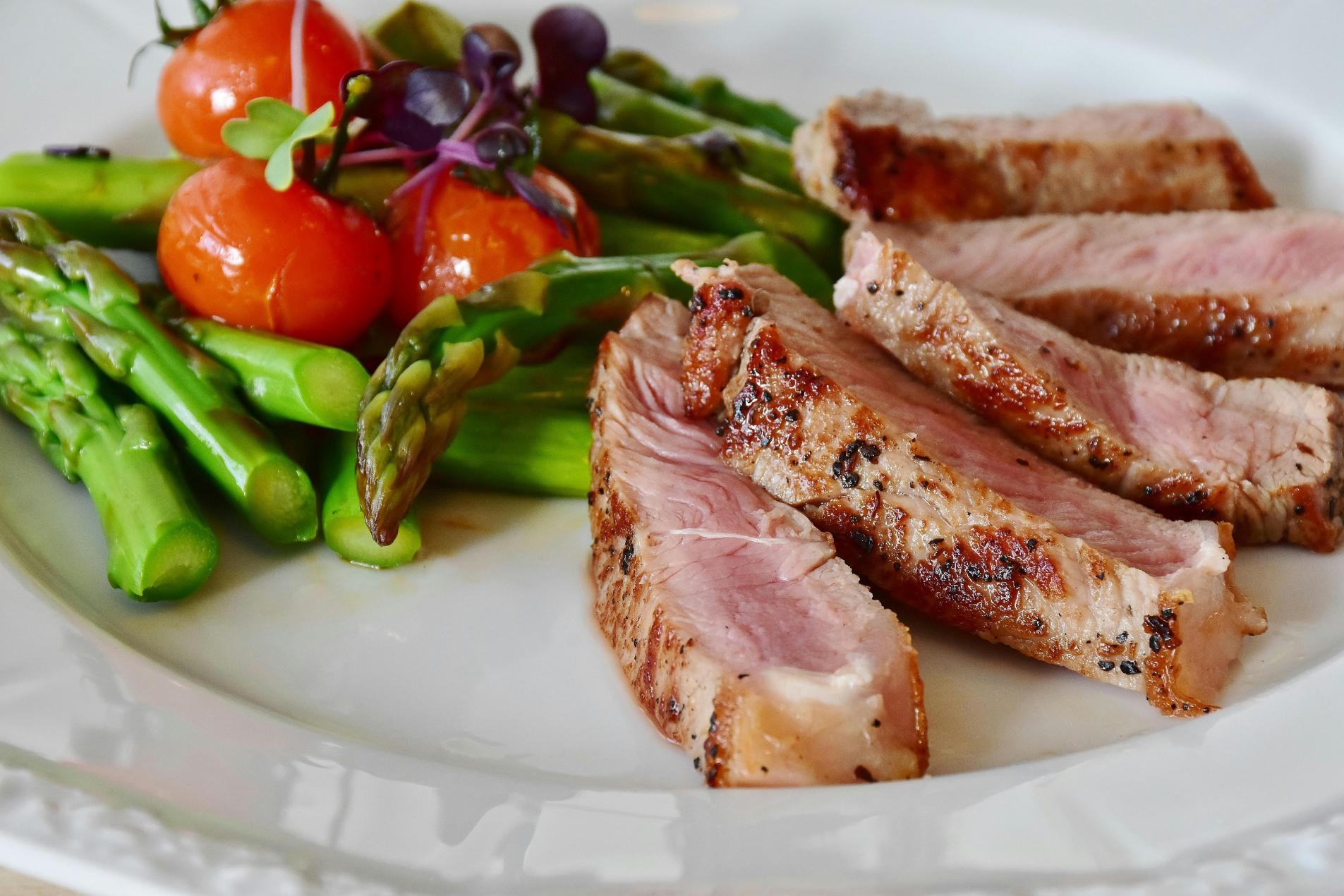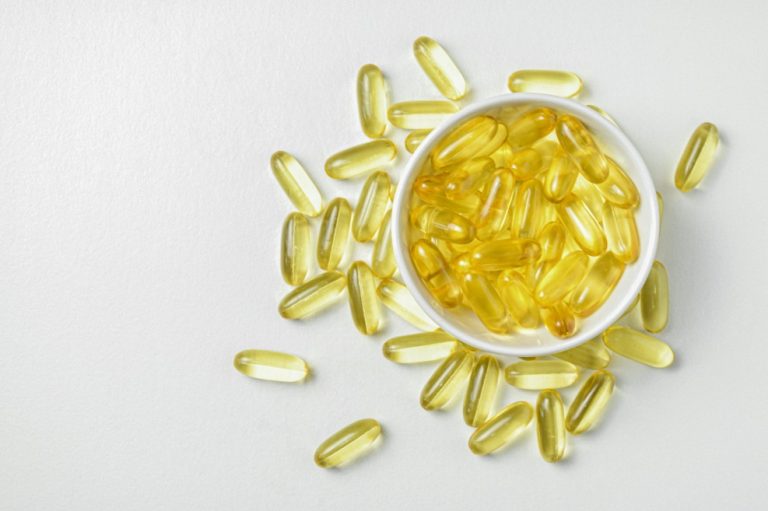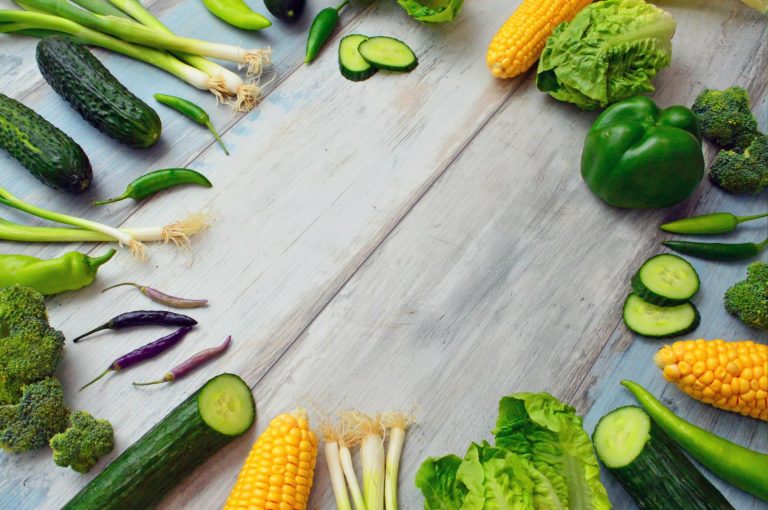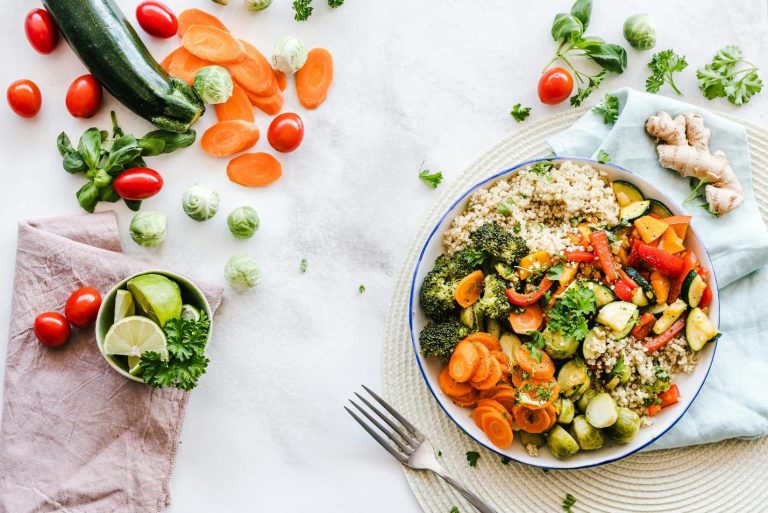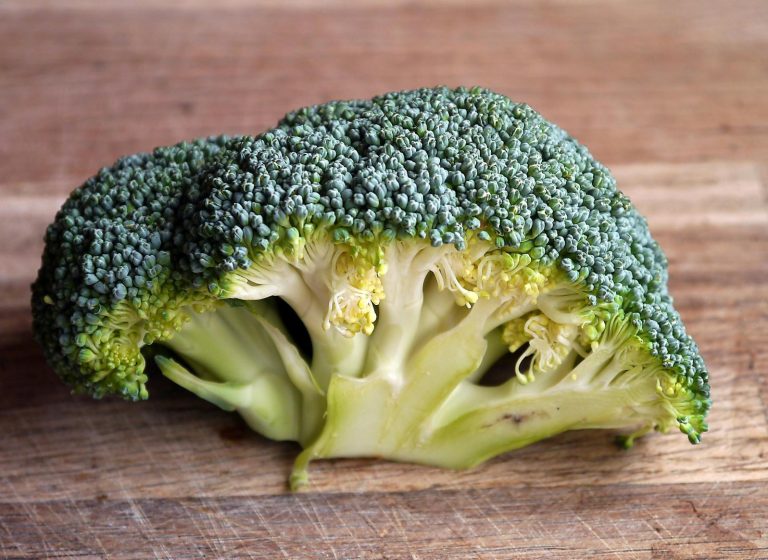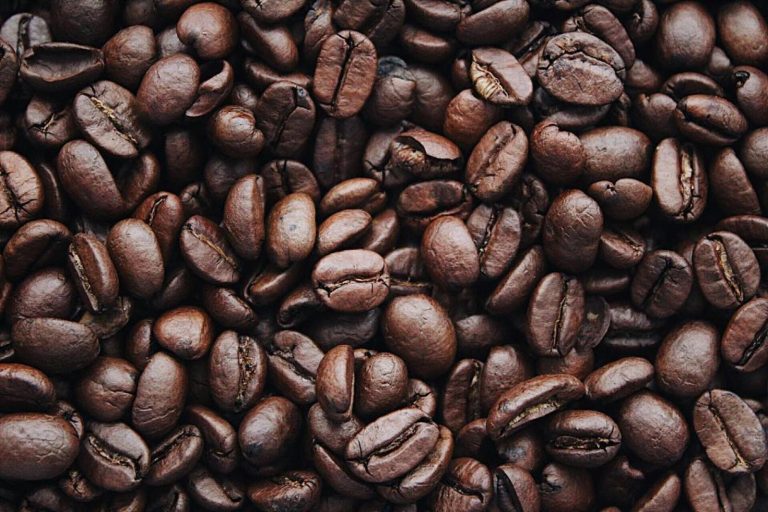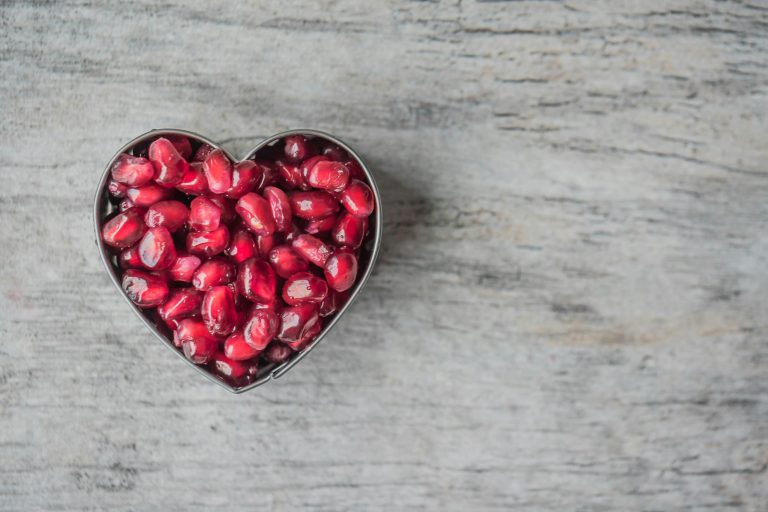Fitness goals isn’t just about hitting the weights or running on the treadmill. Nutrition plays a fundamental role in your overall health. This nutrition guide can help those who are looking to build muscle, lose weight, or simply improve your eating habits.
Protein: The Foundation of Your Diet
Protein is often referred to as the building block of muscle, and for good reason. It’s essential for repairing and rebuilding muscle tissue, especially after intense workouts. Incorporating lean protein sources into your diet can help you reach your fitness goals faster. Some excellent sources of protein include:
- Lean meats such as chicken, turkey, and fish
- Plant-based sources like tofu, tempeh, and legumes
- Dairy products such as Greek yogurt, cottage cheese, and whey protein
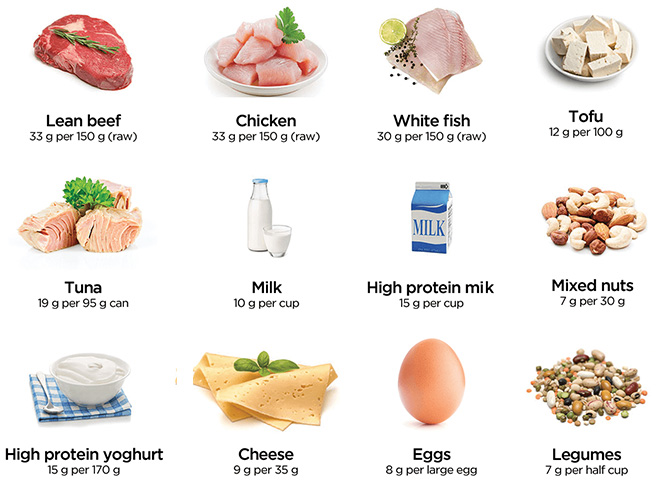
For those who prefer plant-based options, quinoa, lentils, and chickpeas are great alternatives that provide a complete source of protein.
Carbohydrates: Fuel for Your Workouts
Carbohydrates are your body’s primary source of energy, making them essential for fueling your workouts and supporting recovery. However, not all carbs are created equal. Choosing carbohydrates with a low glycemic index can help stabilize blood sugar levels and provide sustained energy throughout the day. Some examples of low glycemic index carbohydrates include:
- Whole grains like brown rice, quinoa, and oats
- Sweet potatoes and other root vegetables
- Beans and legumes
- Fruits such as apples, berries, and oranges
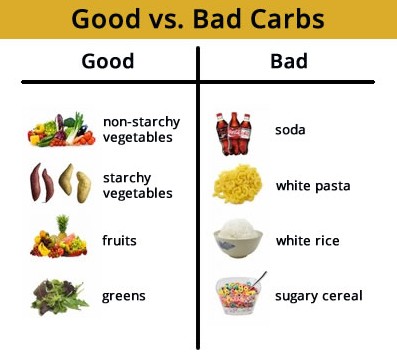
While low glycemic index carbs are important for sustained energy, high glycemic index carbs like white bread, sugary cereals, and refined pasta should be consumed in moderation, especially if you’re trying to lose weight.
Vegetables
Vegetables are rich in vitamins, minerals, and fiber, making them an essential component of any balanced diet. Fiber helps promote digestive health, keeps you feeling full longer, and can even aid in weight loss. Aim to include a variety of colorful vegetables in your meals, such as:
- Leafy greens like spinach, kale, and Swiss chard
- Cruciferous vegetables like broccoli, cauliflower, and Brussels sprouts
- Brightly colored peppers, tomatoes, and carrots
- Root vegetables like beets, turnips, and radishes
Incorporating vegetables into your meals doesn’t have to be boring. Get creative with salads, stir-fries, and roasted vegetable medleys to add flavor and nutrition to your plate.
Hydration: The Key to Peak Performance
Staying hydrated is essential for optimal performance in the gym and overall health. Athletes should aim to drink at least 3-4 liters of water per day, or more if you’re sweating heavily during workouts. In addition to plain water, you can also hydrate with:
- Herbal teas and infused water for added flavor
- Coconut water for electrolyte replenishment
- Low-sugar sports drinks for longer, more intense workouts
Remember to listen to your body and drink water throughout the day to stay properly hydrated.
Consider Supplements
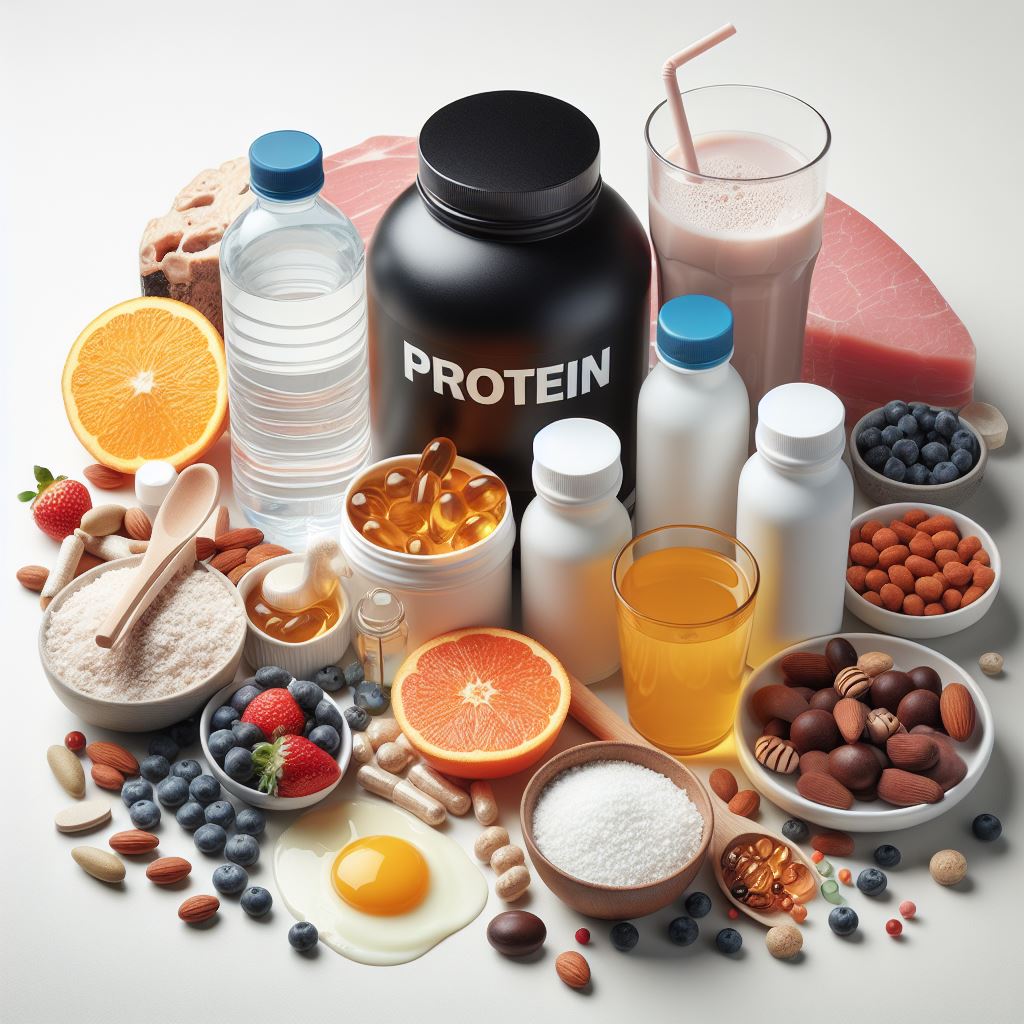
In addition to a balanced diet, consider taking vitamins and sports nutrition supplements. Protein powder can help you meet your daily protein needs. BCAAs, including leucine, isoleucine, and valine, are essential amino acids that play a critical role in muscle protein synthesis and recovery. For fighters, omega-3 supplementation may help mitigate the inflammatory response associated with intense training and competition, reducing the risk of injury and promoting faster recovery. Electrolyte supplements can replenish lost minerals during intense workouts. Supplementing with vitamin D can help optimize immune function, reducing the risk of illness and infection during training camps and competition seasons.
Weight Loss Strategies: Finding What Works for You
If weight loss is your goal, finding a sustainable approach to eating is key. One popular strategy is intermittent fasting, which involves cycling between periods of eating and fasting. Skipping dinner or extending the overnight fasting period can help some individuals reduce their calorie intake and promote weight loss. However, it’s important to find an approach that works for your lifestyle and preferences.
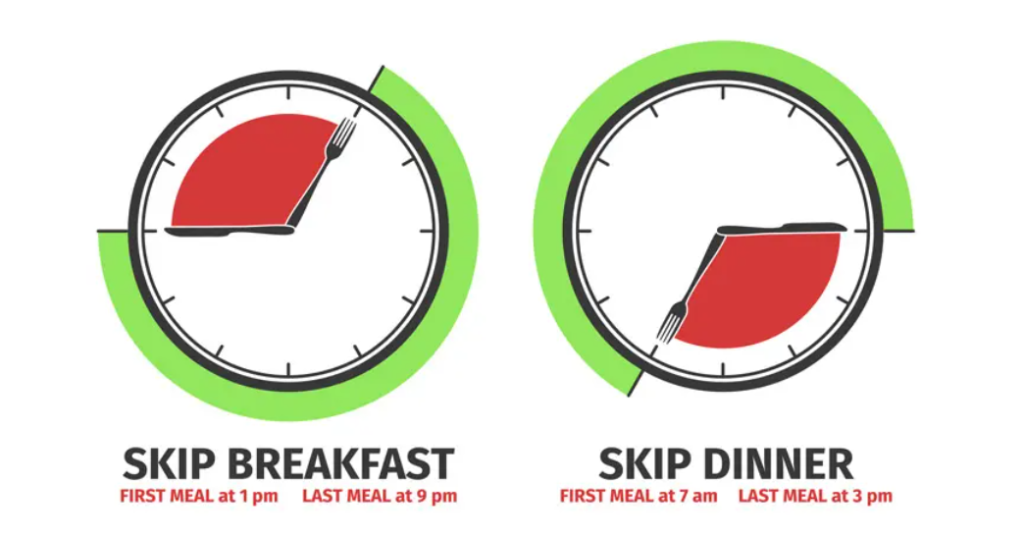
In addition to intermittent fasting, consider incorporating the following tips for weight loss:
Find Alternatives: If you enjoy bread and pancakes, try cooking them with oats instead of refined flour. Oats are a whole grain that’s rich in fiber and nutrients, making them a healthier option for carb lovers.
Choose Natural Sweeteners: If you have a sweet tooth, consider satisfying your cravings with fresh fruits instead of refined sugar. Fruits like berries, bananas, and apples provide natural sweetness along with vitamins, minerals, and fiber.
Swap Sauces: Instead of mayonnaise or creamy sauces, try using plain yogurt as a healthier alternative. Greek yogurt is high in protein and low in fat, making it a nutritious option for topping salads or dipping veggies.
Opt for Healthy Cooking Methods: Instead of frying foods in oil, try cooking with water or using an air fryer for a healthier alternative. You can still enjoy crispy, delicious meals without all the added fat and calories.
Choose Smart Snacks: If you love chocolate, consider swapping it for desserts made with 100% cocoa or chocolate protein powder. These options provide the rich, indulgent flavor you crave without the added sugar and calories.
Avoid Fried Foods and Sugary Drinks: While an occasional treat is fine, fried foods and sugary drinks like Coca-Cola should be limited or avoided altogether. These foods are high in unhealthy fats, sugar, and empty calories, which can sabotage your weight loss efforts.
Incorporate Healthy Fats: Don’t skimp on healthy fats, which are essential for overall health and satiety. Avocado, nuts, seeds, and olive oil are all excellent sources of healthy fats that can support weight loss when consumed in moderation.
Conclusion
At Blegend Gym, we believe that nutrition is the cornerstone of a healthy, active lifestyle. By focusing on whole, nutrient-dense foods and making smart choices, you can fuel your workouts, support your goals, and feel your best both in and out of the gym. Remember to listen to your body, find what works for you, and make sustainable changes that you can maintain for the long term.

